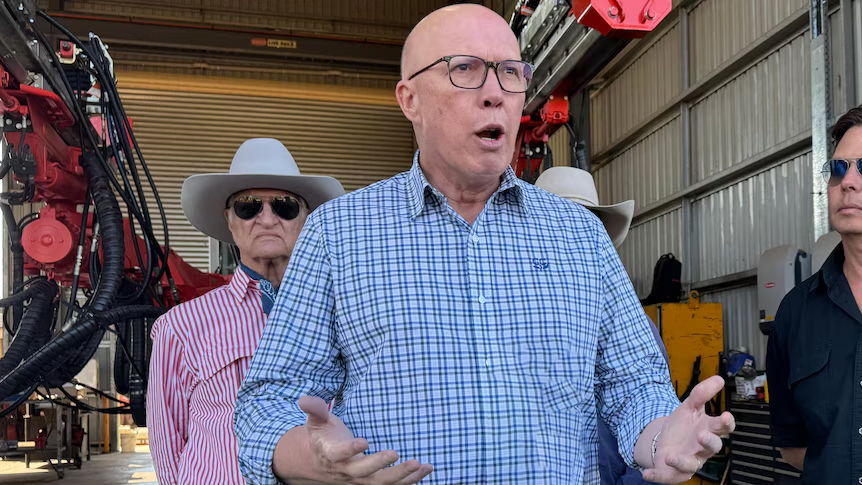
Support for Regional Tax Concessions
Opposition Leader Peter Dutton has expressed willingness to explore the possibility of offering lower taxes for people living in regional areas. Speaking during a visit to Mount Isa alongside local member Bob Katter, Dutton highlighted the additional costs faced by regional residents, such as higher prices for petrol, electricity, and housing.
“We’re happy to have a look at taxation arrangements,” Dutton said, acknowledging that regional dwellers often face higher living costs compared to their city counterparts.
Constitutional Challenges and Current Provisions
One significant hurdle to implementing such changes is Australia’s constitution, which prohibits federal taxes from discriminating between states or regions. Despite this, a historical tax concession known as the Zone Tax Offset (ZTO) has been in place since 1945. The ZTO offers tax deductions ranging from $57 to $1,173 for residents in designated areas.
However, the constitutionality of the ZTO remains questionable, with tax experts like Paul Tilley noting that any substantial changes could face legal challenges. “The general approach has been to stay quiet about it,” Tilley said, emphasizing the potential risks involved in reopening the debate.
Revisiting Regional Tax Offsets
The Katter Australia Party has proposed a comprehensive review and overhaul of the ZTO, suggesting updates to the zone boundaries to reflect changes in regional Australia since 1945. Current offsets apply to larger regional centres like Darwin, Cairns, Townsville, and Mackay, even though the cost of living in these areas has been reported to be similar to city living.
During the 2022 election campaign, party leader Robbie Katter argued that residents in very remote areas, where living costs are significantly higher, should receive a greater tax offset. He criticized the current system for not adjusting the amount for inflation and failing to address the needs of declining regional areas.
Criticisms and Reports
The Productivity Commission’s 2020 report described the ZTO as “outdated, inequitable, and poorly designed,” recommending its rationalization to better reflect contemporary conditions in Australia. The report noted improvements in technology that have lessened the difficulties of living in remote areas, although it acknowledged that very remote locations still face higher costs.
The commission found no substantial evidence that the ZTO encourages relocation and advised against expanding tax concessions to businesses in regional areas. This stance drew criticism from regional politicians, with Bob Katter calling the report’s authors “dangerous, stupid people.”
Moving Forward
Dutton’s comments on tax relief for regional areas come amidst ongoing discussions about how best to support these communities. While both major parties have traditionally focused on industry support and subsidies for infrastructure, the debate over regional tax concessions continues.
“[When] you’re producing in many cases royalties and company tax that go to benefit people in capital cities … I think there’s a moral argument,” Dutton said, reflecting the broader discussion on how to equitably support regional Australians.








